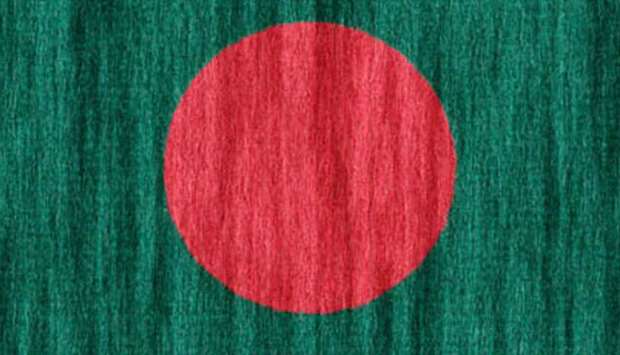“There are lots of positive benefits to graduation,” visiting UN Assistant Secretary-General Haoliang Xu said as there is a perception that graduating to a developing country status will only mean that Bangladesh will lose all special benefits, including loan and export support, available to least developed countries (LDCs).
Xu who was talking to a group of journalists in Dhaka yesterday, explained the graduation process, challenges in the way and its benefits and said this would have a “big impact” on the future financing for
development.
“As an LDC the signal to investor community is that it is not the best place for investment,” he said, adding that the graduation would send “strong message to investors that Bangladesh is a right place for investments.”
As LDCs, he said the international perception is “your capacity is low, your infrastructure is not sufficient and your institution is not strong”.
“After graduation, the rating agency will rate Bangladesh higher in the rating for investments and what that means that the cost of investment in Bangladesh will be significantly lower, if the volume is significantly larger. The interest rate Bangladesh has to use for borrowing internationally will significantly low.
“This is a big impact on the future financing for
development,” he said.
He said as Bangladesh moves through the next step, “there would be more assistance from the UN to work with Bangladesh government to assess the impact of graduation.”
Bangladesh, which has been an LDC since 1975, recently fulfilled the UN’s current criteria to graduate from a ‘least developed country’ to a ‘developing country’, sparking conversation and debate across the country.
Bangladesh has also recently advanced from a low-income country to a low-middle income country on the World Bank’s scale.
According to the UN, a country is eligible to graduate from the LDC category if it has a gross national income (GNI) per capita of $1,230 or above for three years, a Human Assets Index (HAI) of 66 or above and an Economic Vulnerability
Index (EVI) of 32 or below.
Bangladesh has fulfilled the three conditions on a very large margin. Bangladesh’s current per capita income is $1,610. The HAI is 72.9, while the
EVI is 25.
Bangladesh will undergo a few years of observation and can officially graduate to a developing country by 2024 at the earliest after the next review
in 2021.
Xu, who was invited by the government to attend a series of celebratory events around the prospective graduation, said they are “almost certain” that Bangladesh would achieve the status.
He said of the countries who have prospects from graduation - Botswana, Cape Verde, Maldives, Samoa, and Equational Guinea – Bangladesh is much bigger than others with its 160mn people.
“We are proud that we were with the Bangladesh in achieving the milestone,” he said, but lots still remain to be done to achieve a sustainable transition from LDC to middle-income developing country.
“Still there are lots of challenges such as challenges of climate change, job creation, and also have challenges of urbanisation and also the issue of inequality that still exists,” he said, adding that Bangladesh’s economy
needed to be diversified.

